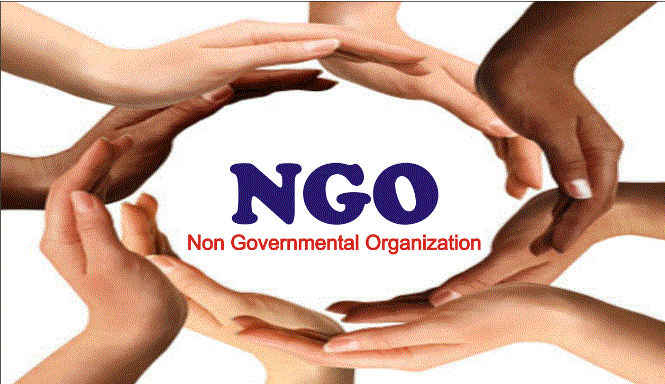Throughout history, charities established by individuals to support their own communities have served as the cornerstone of humanitarian efforts. Today, amidst an overstretched and underfunded aid system heavily reliant on international organizations and UN agencies, these grassroots initiatives are increasingly seen as the future of effective aid delivery.
The shift towards local charities stems from a combination of factors, including the inadequacy of funding facing the humanitarian system and the escalating needs driven by conflicts and climate change. Last year, the United Nations faced its largest-ever funding shortfall, receiving just 43% of the funds it had appealed for to assist those in need.
As international aid organizations struggle to meet the growing demands, local charities are emerging as essential players in providing targeted assistance to vulnerable communities. These grassroots initiatives possess invaluable insights into the unique challenges faced by their own communities, enabling them to devise tailored solutions that are often more efficient and effective than top-down approaches.
However, despite their potential to fill critical gaps in humanitarian assistance, local charities continue to face significant obstacles, primarily financial constraints. The funding crisis plaguing the humanitarian system not only affects international organizations but also trickles down to local aid groups, limiting their capacity to scale up operations and reach more people in need.
To address these challenges and harness the full potential of local charities, greater recognition and support are needed from both governments and international donors. Investing in grassroots initiatives not only strengthens local resilience but also fosters sustainable development and empowers communities to take ownership of their own future.
As the global humanitarian landscape evolves, the role of local charities is poised to become increasingly indispensable. By leveraging their intimate understanding of local contexts and leveraging community-driven solutions, these grassroots organizations offer a promising path towards a more inclusive, resilient, and effective aid system capable of meeting the complex challenges of the 21st century
Source: The Guardian






